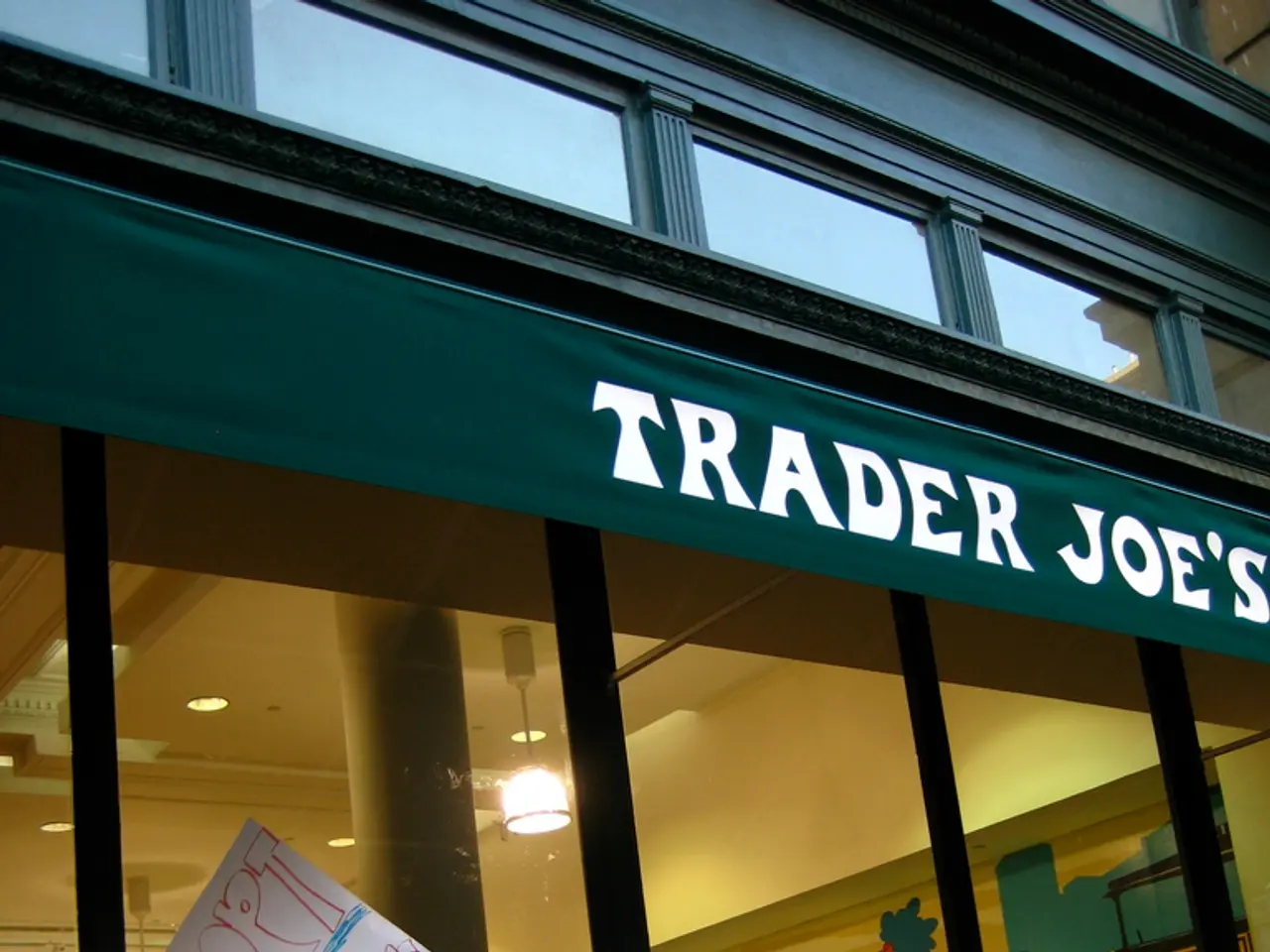Is there a resurgence of antisemitism observed in contemporary Western societies, as marked by the 80th anniversary of Auschwitz?
In recent years, a troubling spiral of hostility has been unfolding, particularly among Jewish communities across the globe. This hostility, triggered by conflicts in regions like Gaza, has escalated into physical threats, intimidation, and a pervasive sense of abandonment among Jewish families.
The incident in Flensburg, Germany, in early 2025, serves as a stark reminder of this escalating hostility. Hans Velten Reisch, a 60-year-old man, placed an antisemitic sign in his shop window expressing hostility toward Jews related to Gaza. The act caused public outrage and a legal investigation, but it wasn't the only consequence. Following the removal of the sign by police, the shop was vandalized with 'Nazis out' slogans.
This incident, labeled 'antisemitism in its purest form' by Germany's antisemitism commissioner, Felix Klein, is not an isolated incident. In August 2024, exactly 80 years to the day since Anne Frank's monument in Amsterdam was first unveiled, it was smeared with blood-red paint and the slogan 'Free Gaza'.
The rise of antisemitism is not just a European concern. Over 140 European rabbis, including eight from Spain, warned of an 'unprecedented' increase in antisemitism since the October 7, 2023, Hamas attacks on Israel. The Antisemitism Research Center reported incidents of antisemitism doubling since 2023, despite Jews comprising less than 1% of the global population.
The increase in antisemitism divides societies along ideological lines, weaponizing narratives of colonialism and foreign policy to stoke Islamophobia along with antisemitism. Researcher David Hartmann confirmed that digital echo chambers deepen prejudices, as seen in a 2025 review of 129 studies.
Online platforms are giving voice to conspiracy theories blaming Jews for global ills. The failure of these platforms to curb repeat hate-sharers was revealed in a 2023 New York University analysis. This has led to a 'massive rise' in violence against Jewish institutions, as reported by Dean Lavi of the London Jewish Community Centre.
In Canada, the Institute for Strategic Dialogue documented a 50-fold spike in antisemitic comments on YouTube channels following Hamas's assault on Israel in October 2023. By 2024, a survey of Jewish doctors in Ontario revealed one-third contemplating emigration amid rising threats, including arson attacks on synagogues and schools.
Europe's Jewish Association decries a potential 'exodus' unseen since World War II, with rabbis like Menachem Margolin insisting words of solidarity fall short. Families among Jewish communities in Europe are questioning their future amid 'growing harassment and physical threats'.
Politicians are urging boycotts, investigations, and the creation of a 'human rights union' to protect minorities. However, the resurgence of antisemitism is not just a problem to be solved by political action. Social media algorithms are contributing to the problem by trapping users in echo chambers of bigotry.
The Diary of Anne Frank, originally published as 'Diary of a Young Girl', became a 'must-read' for school children and a societal vow to never again permit the horrors of Nazi barbarity in Europe. As we commemorate the 80th anniversary of Anne Frank's diary, it serves as a stark reminder of the importance of standing against antisemitism in all its forms.
Read also:
- Inherent Skills Know No Bounds, Yet Access to Employment Remains Unequal: Suggestions for a More Equitable Job Market of the Future
- "Understanding Fodder: Explore 6 Variations to Test"
- Impact of a Less Democratic U.S. on Europe's Political Landscape
- Leading Animation Studio in Germany: Comprehensive Pick Guide




